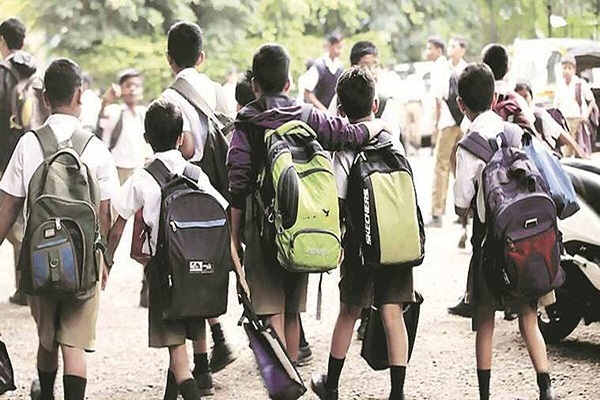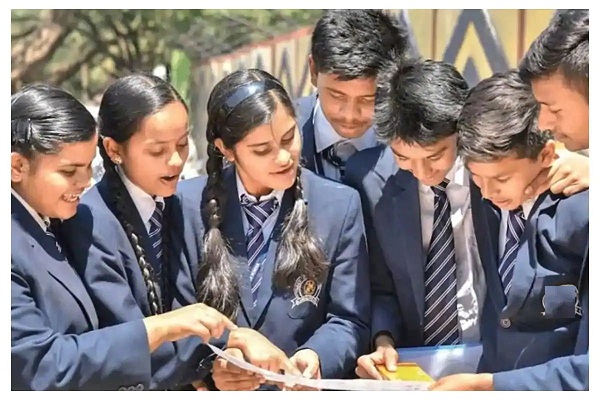The ongoing pandemic has shaken up not only businesses but our way of life. Be it how we work, how we interact socially and even how we consume information. Taking a leaf out of this, let’s look at the education space. The Covid-19 has ensured that coaching centers and educational institutes remain locked down, the idea of a virtual classroom has never been more central to our education system. Social distancing being the norm for the foreseeable future, the most complex piece on the system is to now determine how one can ensure there is no loss in the quality of education, while finding innovative ways to continue teaching students at their home. This pandemic has put education providers in a tricky spot – there is now a barrier to cross when it comes to providing quality, virtual education, with the similar pace and vigor as providing similar education physically.
Ensuring students continue receiving quality education at home, does seem a bit of stretch to begin with. But on careful analysis and with the help of latest technology, it seems like an obstacle not too difficult to overcome. Institutes are now taking the route of live streaming or recording their classes, with teachers in a studio setup recording their lectures as if the student is right in front of them. One can also go on streaming platforms like YouTube to find a number of videos where teachers are using various gadgets and technologies to ensure students are able to understand concepts without any difficulty.
The new normal is now in full swing, with students going back to the exam centers, in physical and virtual form. This makes it imperative for coaching institutes and educational institutions to ensure that the level of learning in the physical format doesn’t dip in the virtual world of learning. It is in this case, that the need for the right technology plays a vital role in ensuring optimum output – without losing the essence. One such enabler is the Interactive Flat Panel (IFP), a classroom ready solution with a friendly user interface to support educational institutions in the new normal as they build towards an increasing dependence on the virtual world.
Also read: Indigenous app Lauk Classroom to help educators soon
BenQ, as an innovator has always been committed towards providing its customers with the power of Visuality. The IFP, in its efforts to be a classroom ready solution – be it virtual or physical, comes ready with a 4K UHD resolution for stunning image clarity, a Germ-Resistant Screen to ensure the spread of germs is curbed, a Smart Eye-Care solution for protecting one’s eyes amidst the hours spent in front of the screen and instant plug and play.
Products like IFP are also particularly useful when it comes to streaming classes online. Be it live, or recorded, the teacher can use the IFP as a tool which merges seamlessly as a part of the larger studio setup to ensure there is no loss in the overall quality of both – the production of the video and the standard of teaching as compared to a physical class. It has been widely recognized that replicating the quality of physical teaching in the virtual environment is known to be tricky. Therefore, the producer of the content, and the teacher need to be mindful of not only the content, but also the instruments and tools that one can use to ensure ideal results can be achieved by the team in helping students understand the content on the screen.
The larger benefit of using panels and boards like the IFP is that an educational institute can undertake teaching assignments with ease, using the board to illustrate, highlight and explain a particular point to their audience – therefore leaving no compromise in teaching standard, even in a virtual classroom.
As of now, BenQ has helped most of the reputed coaching institutes across India to implement the ideal virtual classroom in such unprecedented times.


























